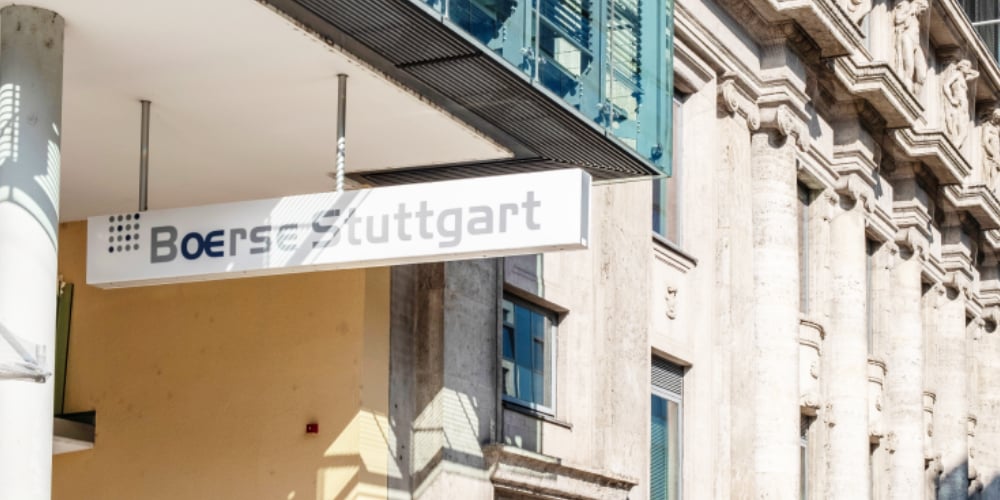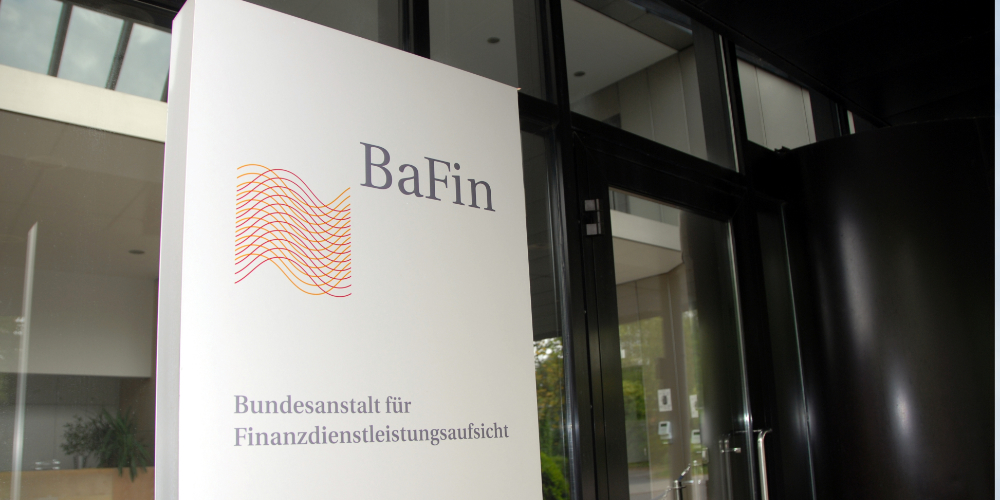
Germany’s second-largest stock exchange, Boerse Stuttgart, has opened up its cryptocurrency trading platform to all interested traders in the country. This move follows the passing of a bill allowing banks in Germany to sell and hold cryptocurrencies for their clients starting next year.
Also read: Regulatory Roundup — Germany to Let Banks Sell and Store Crypto, Laws Changing in Asia
Regulated Crypto Trading Platform
Boerse Stuttgart announced Friday that its digital asset trading platform is “now open to any interested persons in Germany.” The BSDEX platform was launched in September but only for selected users. The company described:
At Germany’s first regulated trading venue for digital assets, users can currently trade bitcoin against the euro. Additional digital assets are to be added.
To access the BSDEX platform, the user must be at least 18 years of age, a resident of Germany, a European Economic Area (EEA) national, and have a German bank account. The platform offers free cryptocurrency deposits and withdrawals with varying trading fees based on the order type.

“The BSDEX is a multilateral trading system that brings together buyers and sellers of digital assets through an open order book,” Boerse Stuttgart explained, adding that customer orders are executed directly against each other. The company elaborated:
At the moment our offer is limited to Germany. However, our goal is to make it available in other countries in the future.
The digital asset platform complies with the regulatory requirements of the German Banking Act. The Baden-Württembergische Wertpapierbörse, which also acts as a holding company of the public stock exchange, regulates and monitors the compliance of the platform. The technical operator of the BSDEX is the Boerse Stuttgart Digital Exchange, a joint venture between the Boerse Stuttgart Group, Axel Springer, and Finanzen. Blocknox, a subsidiary of the Boerse Stuttgart Digital Ventures, acts as the custodian holding customers’ cryptocurrencies.

Early this year, Boerse Stuttgart launched a crypto trading app called Bison, developed by Sowa Labs, a fintech subsidiary of the Boerse Stuttgart Digital Ventures. The smartphone app can be used to buy and sell BTC, ETH, LTC, and XRP from financial services provider Euwax AG, a subsidiary of Boerse Stuttgart.
Germany’s Crypto-Forward Bill
Germany has recently emerged as a crypto haven following the passing of a bill on Nov. 29 which allows banks to sell and hold cryptocurrencies for their clients starting next year. The new rules have been adopted as part of the implementation of “Directive (EU) 2018/843 of 30 May 2018,” the fifth AML Directive, explained global law firm Dentons.
Under the new rules, crypto assets qualify as financial instruments, the law firm continued, emphasizing that this was disputed in the past. According to the firm, the German Federal Financial Supervisory Authority (Bafin) took the view that utility tokens did not qualify as financial instruments, but investment tokens qualify as securities and currency tokens qualify as “units of account” — both of which fall under the definition of financial instruments pursuant to the German Banking Act.

The new rules also include licensing requirements. Companies wanting to provide crypto trading or custody services are required to obtain a license from Bafin as a bank or an investment firm, the law firm further detailed. “Entities that provide no other financial services than custody are exempted from certain rules that apply to other investment firms.” Among other requirements, companies seeking a license for only the crypto asset business must have an initial capital of 125,000 euros ($138,234). Dentons added:
The new law will enter into force on January 1, 2020, subject to certain transition periods.
Entities wanting to obtain a license for crypto-related services should notify Bafin of their intention to obtain a license on or before March 31, 2020. The law firm clarified that “In such case, the license will be deemed to be awarded on a preliminary basis, provided that they will submit a complete application for a license no later than November 30, 2020.”
What do you think of Boerse Stuttgart opening its crypto trading platform to all traders in Germany? Let us know in the comments section below.
Disclaimer: This article is for informational purposes only. It is not an offer or solicitation of an offer to buy or sell, or as a recommendation, endorsement, or sponsorship of any products, services, or companies. Bitcoin.com does not provide investment, tax, legal, or accounting advice. Neither the company nor the author is responsible, directly or indirectly, for any damage or loss caused or alleged to be caused by or in connection with the use of or reliance on any content, goods or services mentioned in this article.
Images courtesy of Shutterstock and Boerse Stuttgart.
Did you know you can buy and sell BCH privately using our noncustodial, peer-to-peer Local Bitcoin Cash trading platform? The local.Bitcoin.com marketplace has thousands of participants from all around the world trading BCH right now. And if you need a bitcoin wallet to securely store your coins, you can download one from us here.
